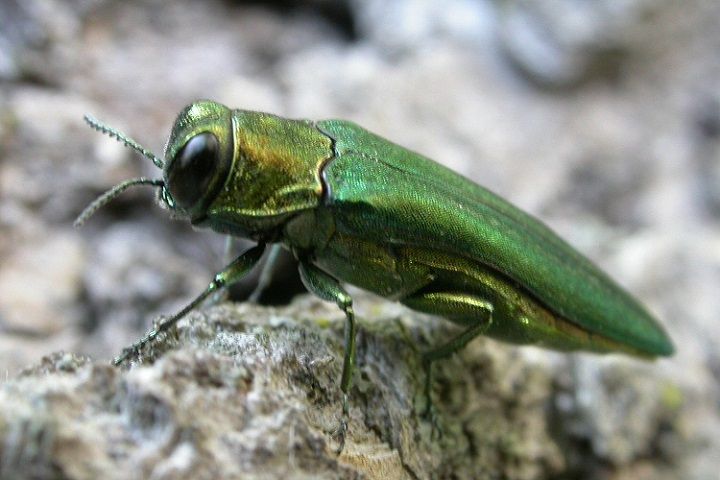If you’ve noticed Winnipeg getting a little stickier at this time of year, you might be stepping in a substance called ‘honeydew’… which isn’t as pleasant as it sounds.

City of Winnipeg forester Martha Barwinsky told 680 CJOB that honeydew is better known by a more straight-forward name.
“It’s aphid poop. That’s a common way of saying it. It really is just their sugars that they’re sucking out of the leaves, and whatever they don’t use comes out of them.”
Aphids, Barwinsky said, are tiny soft-bodied insects that feed on sap collected from tree leaves. Aside from the sticky poop, though, they don’t really cause too much damage to the city’s greenery or environment.
“They don’t really do significant damage to the trees. Of course, it’s an added stress on the trees, but aphids occur every year. There’s a large population of them right now.”
Barwinksy said the city is keeping busy as far as trees are concerned, particularly with monitoring Winnipeg’s population of around 222,000 American elms in the city and watching for signs of disease.

Get breaking National news
“We’ll have our surveillance program completed and our numbers completed by the end of September or early October,” she said, “But there are a number of dots around the city.”
Those orange dots, of course, mark trees that need to be removed due to disease. The number of dots, she said, is dependent on a number of weather conditions, especially how the elm bark beetle over-wintered.
Elm bark beetles and aphids aren’t the only invasive pests targeting local trees. Barwinsky said the city is continuing its program of injecting ash trees – about 1,000 this year – in an attempt to stave off the inevitable destruction by the emerald ash borer.
“The injections are really to preserve a certain population of the ash trees for a certain time. We’re using it really to manage the amount of ash trees we’re going to have to remove over a period of time,” she said.
“This is the early stages of emerald ash borer. Our colleagues out east and in the States have told us not to get too confident in the early stages, because it doesn’t seem that bad… but within a very short period of time, the problem increases exponentially.
“We’re just doing the best we can with the resources we have right now.”
WATCH: City expects to spend $105 million to fight impact of emerald ash borer in Winnipeg












Comments